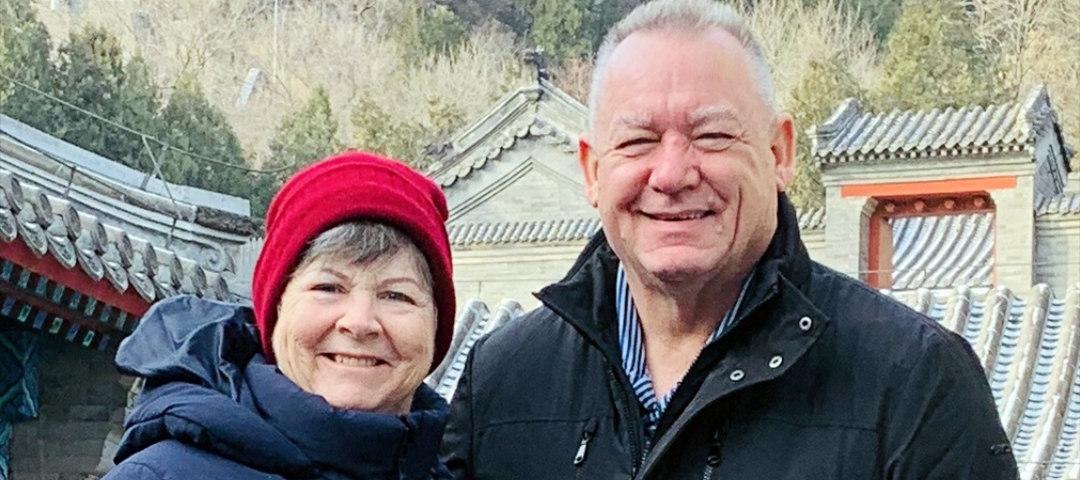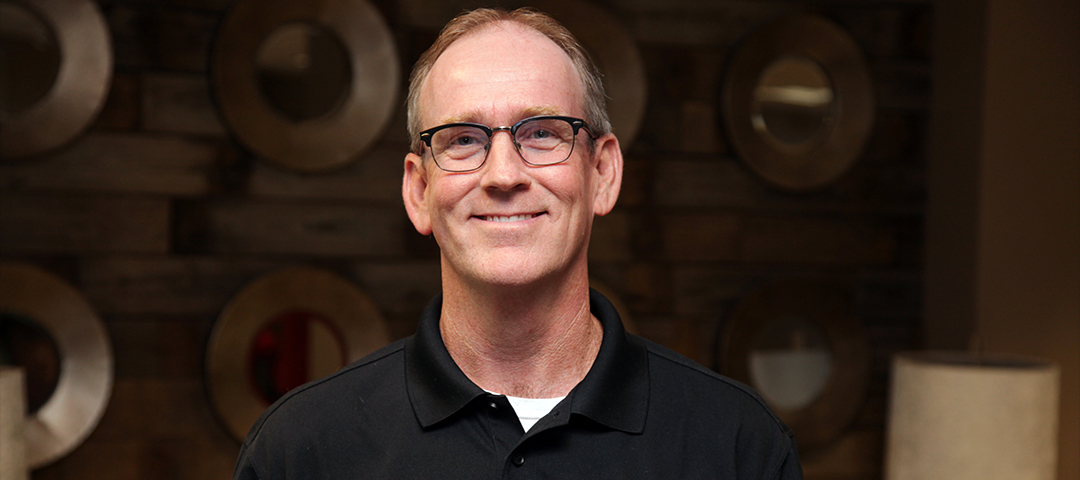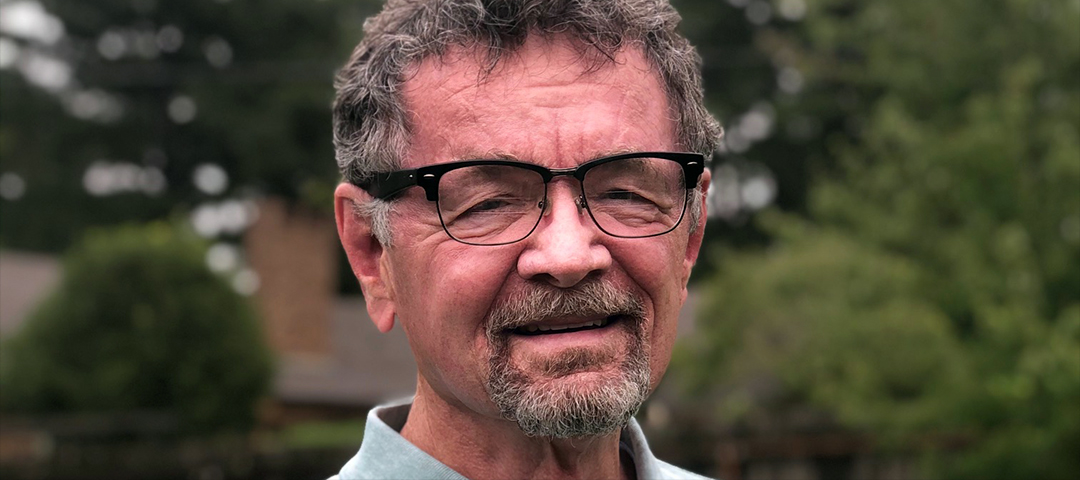
CO:MISSIONED in Asia-Pacific–Keeping Up the Good Work
January 31, 2023
CO:MISSIONED in Southeast Asia–Plowing the Hard Ground
February 14, 2023By David Dickson, Regional Director for Latin America
The churches and missions of Central America and the Caribbean face unique challenges as they labor to be effective in their evangelistic efforts, church planting, and discipleship of new believers. The region is known for its extreme weather, repressive governments, and poverty level. The BMAA has had a missions presence in this area for an entire generation, but in almost every country American missionaries have handed off leadership responsibilities to national pastors and leaders. As a result, each country has developed its own personalized method to conduct missions efforts in partnership with our association of churches in the United States.
In Nicaragua, churches and missions are prospering in cities and towns scattered around the country, but there is also a renewed effort to reach the more isolated areas of the Atlantic side of the country. Traveling on horseback or in boats down the jungle rivers, people are sharing the gospel and planting new works. Leadership training and Bible instruction is regularly conducted even in the most isolated areas of the country. A recent hurricane dealt a serious blow to the economy, especially on the Atlantic side of the country where crops and homes were devastated. But these strong folks are recovering and forging ahead with efforts to share the Word even in difficult circumstances.
The tiny country of El Salvador is considered one of the most violent countries in Latin America with street gangs holding enormous sway over everyday life and even local government. In spite of that, with strong local leadership, new missions are being planted and established churches are growing. BMAA medical missions has been a positive influence here, as has the shoebox ministry.
The churches and missions among the Garifuna populations in Honduras continue to reach out to other communities of their ethnic group, and a Garifuna language mission was recently established in the Bronx, New York.
In Guatemala, our churches that are concentrated in the capital area are expanding their facilities to accommodate growing congregations.
Costa Rica continues with a well-developed plan to train and send out new missionaries around the country.
In the Caribbean, Puerto Rico is still recovering from yet another hurricane but recently ordained a missionary/pastor and continues to plant new missions on the island.
In each of these countries, the absence of an American missionary has not slowed efforts to fulfill the Great Commission. While it is true that American missionaries have had a significant impact on those efforts–in many cases by pioneering the first works in the country–national leaders have successfully stepped into leadership roles and assumed responsibilities previously held by American missionaries. And since the primary goal of cross-cultural missionaries is to “work yourself out of a job,” it all adds up to a missions success story!
The role of BMAA Missions has rapidly evolved over the last several years in this region. In the absence of American missionaries, national leaders have accepted the challenge to take ownership of their own missionary vision for their countries. As that vision is clarified, the BMAA has stepped in to encourage and facilitate the realization of each country’s particular vision. We have participated in joint efforts to fund missionaries from their countries that are sent out both locally and internationally. Medical teams have made visits to several areas to address health needs of the least fortunate and raise the profile of our local churches. Periodically, training sessions and Bible classes are conducted throughout the region. Through Lifeword the gospel is being preached in difficult-to-reach areas.
American missionaries are no longer “in charge” in Central America and the Caribbean, but as an association of churches we are providing resources to the men who are “leading the charge” in their respective countries. Many serve in areas where they walk a virtual tightrope to avoid being targeted by the government or violent gangs. All work with extremely limited budgets. They all have asked for our prayers. We should honor that request.

